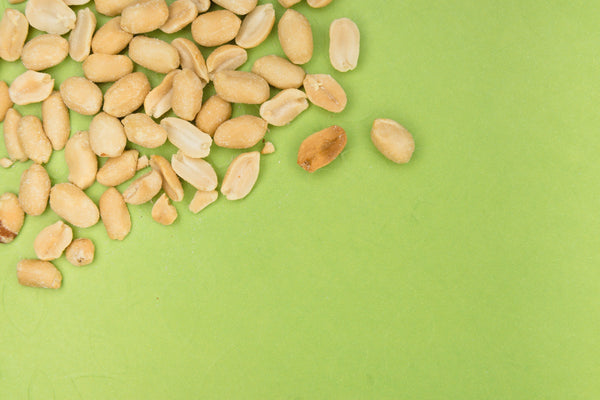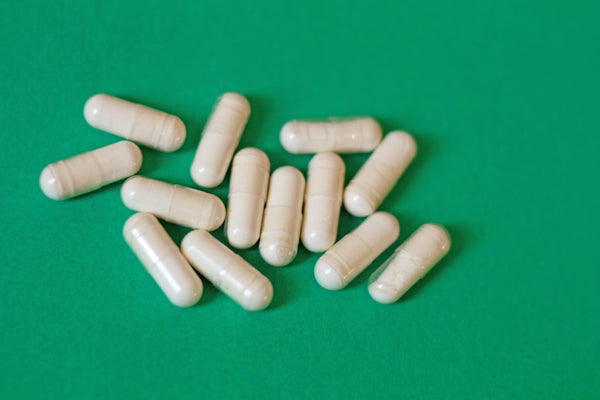4 Foods That Help Toddlers Poop
share this article

Maintaining a toddler's digestive health is a key part of overall health and well-being. Studies show us that the first 1000 days of a kid’s life is a critical window for proper microbiome development [1]. Incorporating the right foods into their diet early on can significantly help their delicate digestive systems and set them up for better health as they continue to grow. Additional studies also suggest that integrating prebiotic-rich foods can be helpful in supporting a toddler’s gut health by facilitating smoother bowel movements and improving regularity [2]. Here are four foods to incorporate today that will support your toddler’s digestion and help them poop:
1. Apples
Among the wide variety of fruits, apples stand out for their beneficial prebiotic properties. Loaded with pectin fiber, apples help regulate bowel movements by adding bulk to stool. Additionally, they contain polyphenols that serve as food for beneficial gut bacteria, promoting a healthier digestive system [3].
2. Sweet Potatoes
This nutrient-rich root vegetable is not only loved for its taste but also for its nutrient profile. Sweet potatoes are packed with fiber and resistant starch which help to maintain a balanced gut environment by feeding the good bacteria in the microbiome. A balanced microbiome is important for a healthy digestion. The fiber found in sweet potatoes also helps in softening stool and easing bowel movements, making them a nutrient powerhouse for a toddler’s digestion [4].
Begin Health Expert Tip
Here at Begin, our experts always recommend getting nutrients from foods first. However, we know that it’s harder now than ever to get your kiddos to eat the right foods and get enough nutrients to support their growing bodies. This is specifically why we designed Growing Up Prebiotics, a tasteless and textureless prebiotic for kids that can easily be mixed into their favorite beverages, delivering 3g of fiber per serving to help with happier and more regular poops.
3. Kefir
Similar to yogurt, kefir is a fermented dairy drink made from kefir grains but provides 3x as much probiotics compared to yogurt. Kefir contains a diverse range of beneficial bacteria such as bifidobacteria and lactobacilli that contribute to a healthier gut microbiome by adding to gut diversity, which helps with better digestion [5,6].
Begin Health Expert Tip
To learn more about how both prebiotics and probiotics work to support our kiddo’s gut health, check out our blog: Prebiotics vs Probiotics, Understanding the Differences and Benefits.
4. Pears
Pears also contain pectin fiber, which helps in regulating bowel movements by adding bulk to stool. They also contain fructose and sorbitol, which can help provide relief for constipation in kids by acting as a natural food laxative. Because a majority of the fiber is found on the outer peel, it’s best to consume pears with their whole peels attached. Pears are just one of the four fruits that can help support a kid’s struggle with regularity - for more information, check out what our Registered Dietitian has to say about the 4 “P” Fruits for Kids Constipation.
Summary
Four foods that can help toddlers poop include apples, sweet potatoes, kefir, and pears. These foods contain a mix of prebiotic fiber and probiotics that contribute to happier poops by creating an optimal environment for the gut microbiome to thrive. A balanced gut microbiome can help with more regular, softer, and pain-free poops.
















